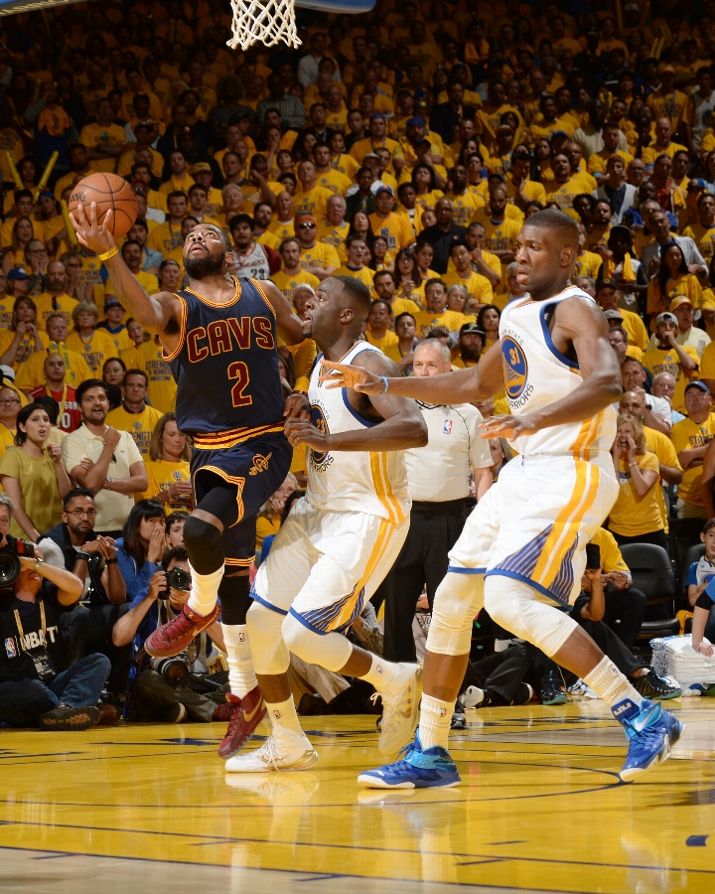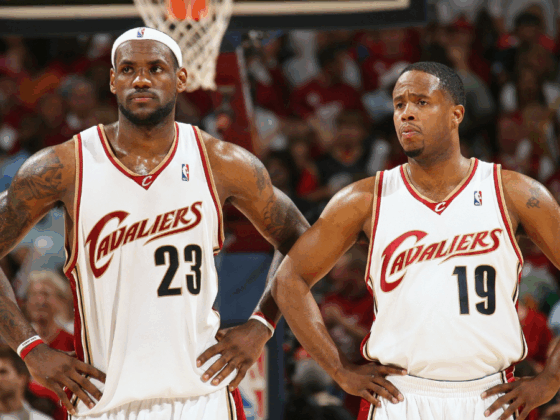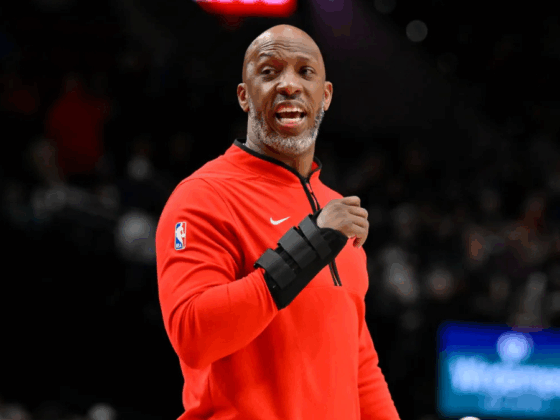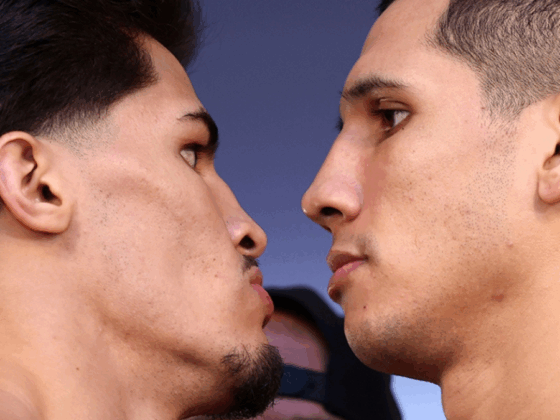
As a 90’s baby and a lifelong Sixers fan, it’s pretty easy to guess who my favorite player is. It’s Allen Iverson. Iverson is more than just a favorite player to me, though. He’s a role model and a cultural icon who embodies so many things I aspire to be as a human being. Tough, determined, persistent, fearless, and entertaining are all words I would use to describe Iverson. Those are also the same words I hope people use to describe me one day.
As I got older, the game of basketball evolved and eventually, Iverson was out of the NBA. Not only was Iverson non-existent, but his play style was also ceased to exist. This was due to, in part, analytics. Analytics have completely changed basketball.
Sometimes, the analytics help people find new ways to appreciate and embrace players from the past. Being able to evaluate and weigh a historic players game to the game the NBA has now is truly something to marvel at. Other times, analytics show some once considered great players in a bad light. It gives all the numbers one might need to rip apart a player’s game. One player this approach is extremely popular with is Iverson.
Iverson was not an efficient player. He relied heavily on a mid-range game, shot a career 31 percent from behind the three-point line, took a lot of shots. Iverson wasn’t a solid defender either and only posted a career assist to turnover ratio of 1.7/1. The argument against his inefficiency continues with advanced metrics. His career effective field goal percentage sits at 45. For reference, a good number is in the 55-60 range. The knocks keep coming too. He is barely at the average mark for true shooting percentage at 52, he’s not in the top 200 all time for win shares per 48 minutes at .126, his career box plus-minus is 2.7, and his PER is only 20.9.
None of those numbers scream “game changer” by any means. All of this is used as fuel to knock Iverson down a couple of pegs when speaking about him historically, which is fine. I just have one question for those of you who weigh these metrics when speaking about Iverson.
Were you not entertained?

The same analytics tend to attack two players in their prime right now as well, Kyrie Irving and Russell Westbrook.
The attack on Irving isn’t for his true shooting percentage, or effective field goal percentage, which are 55 percent and 50 percent respectively. This is helped by the fact that Irving is a much better three-point shooter than Iverson. Irving is currently shooting 38 percent from downtown for his career 6.2 three-point attempts per game compared to Iverson’s 3.2. However, people find fault in Irving’s passing as he’s only averaged more than six assists per game once in his career as a point guard.
Oh, and that he may also be a defensive liability.
Irving’s career DBPM is -1.4 and his RPM over the past four seasons is 0.75. He even posted a -0.6 RPM in the previous championship winning season. These numbers get paired with his career win shares per 48 minutes which is .146 which completes the mathematical assault on Irving. He is flawed.
After hearing this argument, the same way I hear out the Iverson argument, I have the same question as before. Only this time, the tense changes.
Are you not entertained?

Let’s examine the man from Oklahoma. Westbrook is currently approaching a historical accomplishment of averaging a triple-double. This has only been done once in the entire history of the NBA and it was accomplished by Oscar Robertson in the 1961-62 season. Westbrook is doing this as, what appears to be, a spite-fueled mission against longtime All-Star teammate Kevin Durant’s decision to sign with the Golden State Warriors.
Most of the hate from this break-up has been thrown at Durant. However, some of it has been directed at Westbrook’s historic season. The initial attack is his turnovers per game which is currently at 5.5 a game. That’s a fair argument but isn’t close to telling the whole story. No one considers any of the external factors that Westbrook might be facing like his teammates. All they see is turnovers.
People also love to cite his high usage rate of 41.8 as the sole reason for him averaging a triple double. The argument is that any All-Star with a usage rate that high could average a triple double. The argument has even been taken further with accusations of stat padding.
And again, after hearing all this, I say the same thing.
Are you not entertained?

Because here’s the deal, if you’re so enthralled by numbers that you’re not entertained by Iverson, Irving or Westbrook, you’re not a basketball fan. Even as a supporter of analytics, I recognize that there are players who defy analytics. That is the category these three players fall into.
If you’re able to watch Iverson make plays like these, evaluate how he led a team of jailhouse dogs to the NBA Finals and steal a game against an incredible Lakers team, and then say that Iverson was just an inefficient player who was a liability on the defensive end, then please don’t talk to me about basketball.
If you’re able to watch Irving make plays like these, watch his game-sealing three-pointer in Game 7 of the NBA Finals over the unanimous league MVP to cap off a historic 3-1 comeback against the best regular season team in NBA history, then say his offensive output doesn’t outweigh his defensive woes, then please don’t talk to me about basketball.
If you’re able to watch Westbrook make plays like these, see him triumphantly storm his way to becoming only the second player in NBA history to average a triple-double, and say he’s stat-padding, then please don’t talk to me about basketball.
Numbers and analytics have their place in basketball. In all honesty, its a pretty significant place at that. However, basketball is not numbers, it is entertainment. So, after watching a player do something incredible or achieve something historic, you’re question shouldn’t be if he’s efficient or not. It should be, am I entertained?






